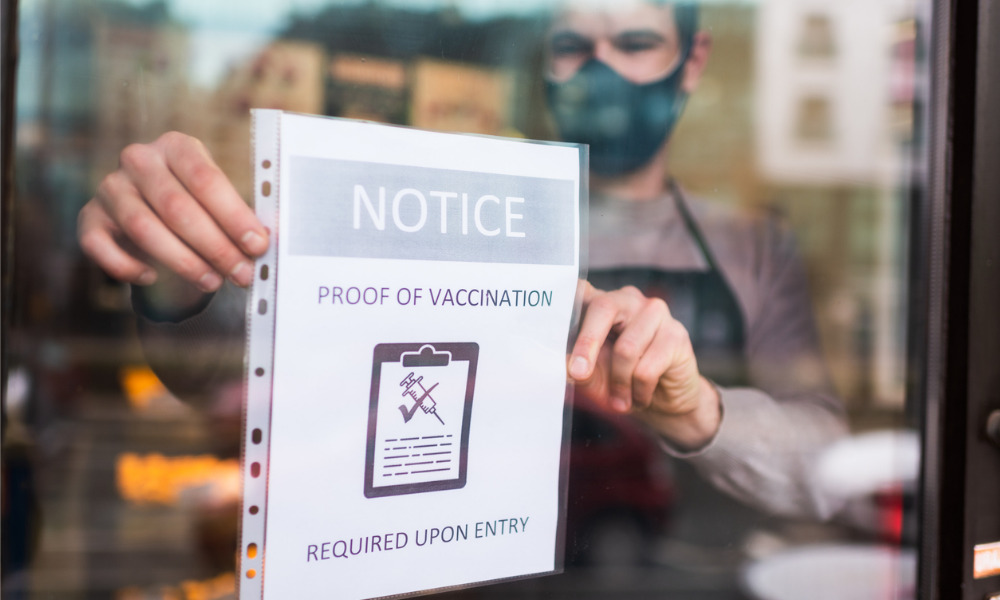
Mask mandates and proof of jab requirement stay

The government of Western Australia is relaxing restrictions across the state starting April 14, according to authorities, while also adopting the National Cabinet's definition of a "close contact."
"We are now in a position to further ease some of our health measures as predicted, including moving to a new close contact definition, which is welcome news," said Health Minister Amber-Jade Sanderson in a statement.
According to the state government, a close contact is now defined as:
This means that people in isolation who are not a household close contact will be allowed to leave isolation starting April 14.
Meanwhile, the government is also easing its restrictions across the state as it continues what is calls a "soft landing" through the Omicron wave. It attributed the decision to high vaccination rates and hospitalisations and intensive care unit (ICU) admissions that are lower than projected.
"This is fantastic news and as a result, we can deliver on our plan and go even further to relax public health measures safely," said Premier Mark McGowan in a statement.
The relaxed restrictions include:
"We don't want any public health measure in place for any longer than it needs to be, but like always, we encourage everyone to be COVID safe and use common sense," McGowan reminded the public. "That means stay home if unwell, get tested if you have any symptoms, get vaccinated and continue to maintain good hygiene."
Read more: WA to enforce isolation changes for critical workers
Despite some restrictions easing, the state's mask mandate and proof of vaccination policies are expected to stay, according to McGowan.
"The other restrictions, the mask wearing and the like, we'll consider those over coming weeks as to what can be done," he said as quoted by ABC News.
This leaves WA as the only state to enforce wide-ranging mask mandates even in indoor public, according to reports from the Daily Mail and WA Today.
It will also be the only one aside from Victoria where proof of vaccination is required in non-high-risk settings, which includes hospitality, entertainment, and recreational venues, according to the WA Today, adding that it is also required in "most workplaces."
"We need to maintain a degree of caution and wear masks as we continue to ride the height of the Omicron wave, and with COVID infections in the community remaining high," said McGowan in his statement.
Meanwhile, Sanderson continued to urge the public to get vaccinated, stressing that it is still the best protection against COVID-19.
"Please continue to get vaccinated, including children aged five and above when eligible, as this is the best protection we have against Omicron," said Sanderson.